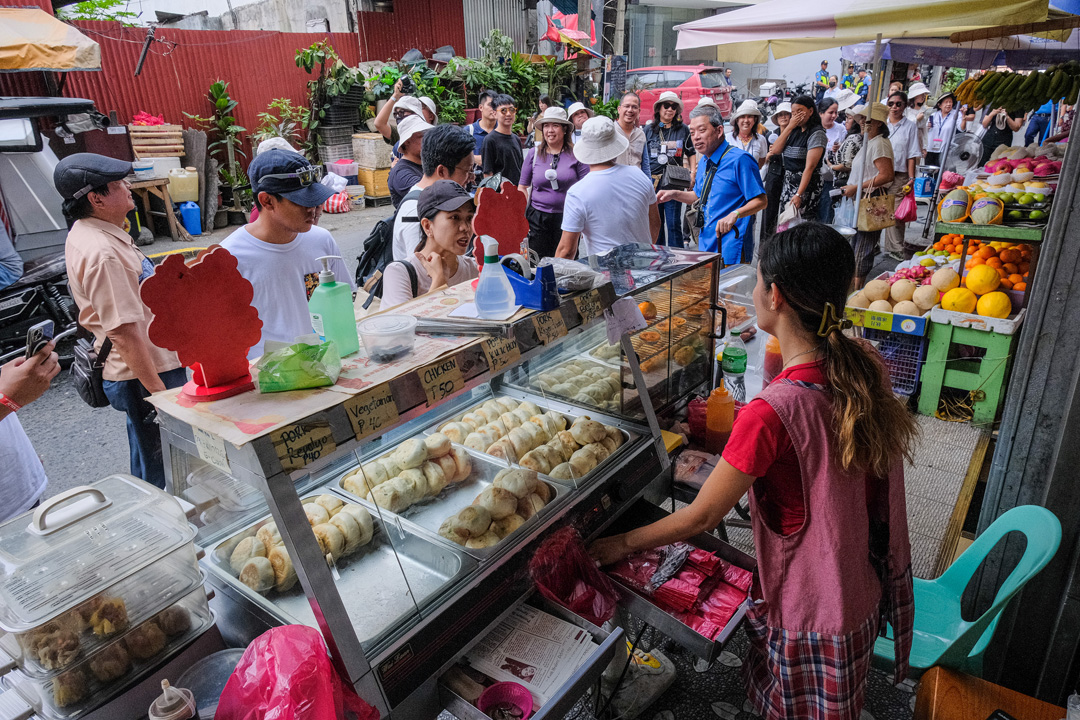
Upgrade to High-Speed Internet for only ₱1499/month!
Enjoy up to 100 Mbps fiber broadband, perfect for browsing, streaming, and gaming.
Visit Suniway.ph to learn
Globe [GLO 1800.00 unch; 67% avgVol] [link] said that the board of directors of Globe Fintech Innovations (GFI), the ultimate parent company of GCash, approved a 100-for-3 stock split. They did this through amending the par value of its common shares from P1.00/share to P0.03/share, which increased the number of shares from ~2.15 billion to ~71.66 billion. GFI’s authorized capital stock was untouched at ~P2.15 billion. InsiderPH [link] quoted GFI’s CEO as saying, “The stock split is a move to future-proof for any capital raising opportunities, which could include an IPO.”
MB BOTTOM-LINE: This is just another nothingburger from the GCash hype train. It’s a stock split of a private company. If GCash has a $5 billion valuation (~P278 billion), that’s about P130.00/share under the “old” par value, and about P4.90/share under the new par value. There’s no difference in the value of the shares. None of the private equity firms that own a slice of this give a crap, because they care about the percentage of the company they own, not the number of shares that percentage represents. All that’s left is this patriarchal notion that us retail investors are more likely to be “tricked” into thinking the deal is a better value if the price of the share is lower. Maybe this logic comes from the sachet market, where users are more willing to buy one serving of dish soap for P2 as opposed to the bottle of 100 servings that sells for P100. To me, this logic only applies when the buyer lacks the ability to buy as much of the product as they’d like, and they need to settle for the sachet-size amount. I don’t think this applies to stocks. I don’t know anybody who looks at a prospectus and is like, “Well, I think I would like to buy 40,000 shares of that, but definitely way more than 5,000 shares.” No. Every person I know thinks about the amount of money they’d like to invest, and then they just kind of divide that amount by the number of shares it takes to buy that amount. For me, I read a prospectus, and I think: “This looks OK. I have about P75,000 available, but maybe I’ll put P40,000 into this IPO.” I don’t care if that P40k gets me 300 shares or 8,100 shares. It could also be that GCash is afraid of their ability to sell all the shares, and so they’re trying to cast the widest possible net to include even those investors who might only be able to pay some bare-minimum amount like P10,000 into the IPO. Either way... tick tock.

Merkado Barkada is a free daily newsletter on the PSE, investing and business in the Philippines. You can subscribe to the newsletter or follow on Twitter to receive the full daily updates.

 1 day ago
4
1 day ago
4



